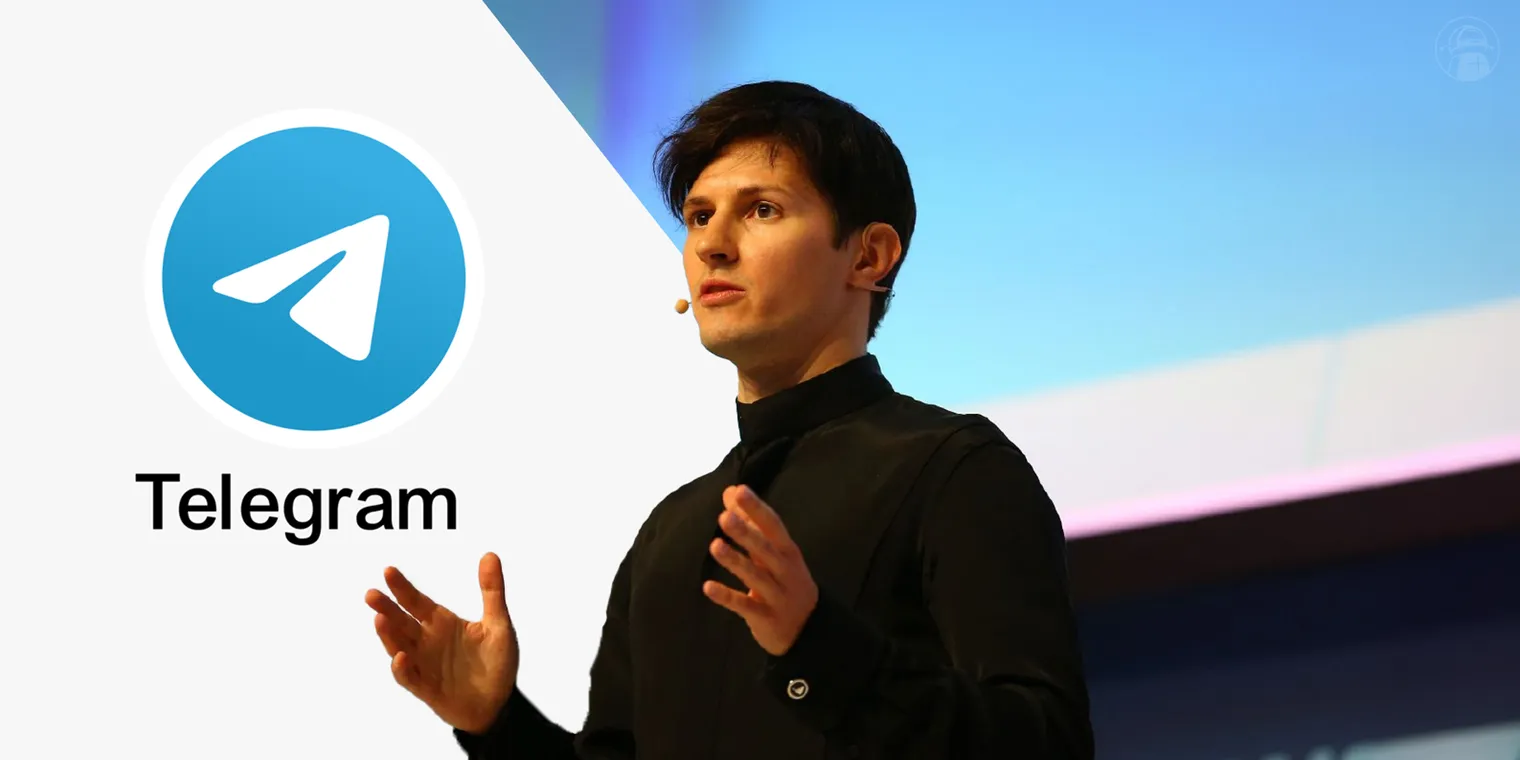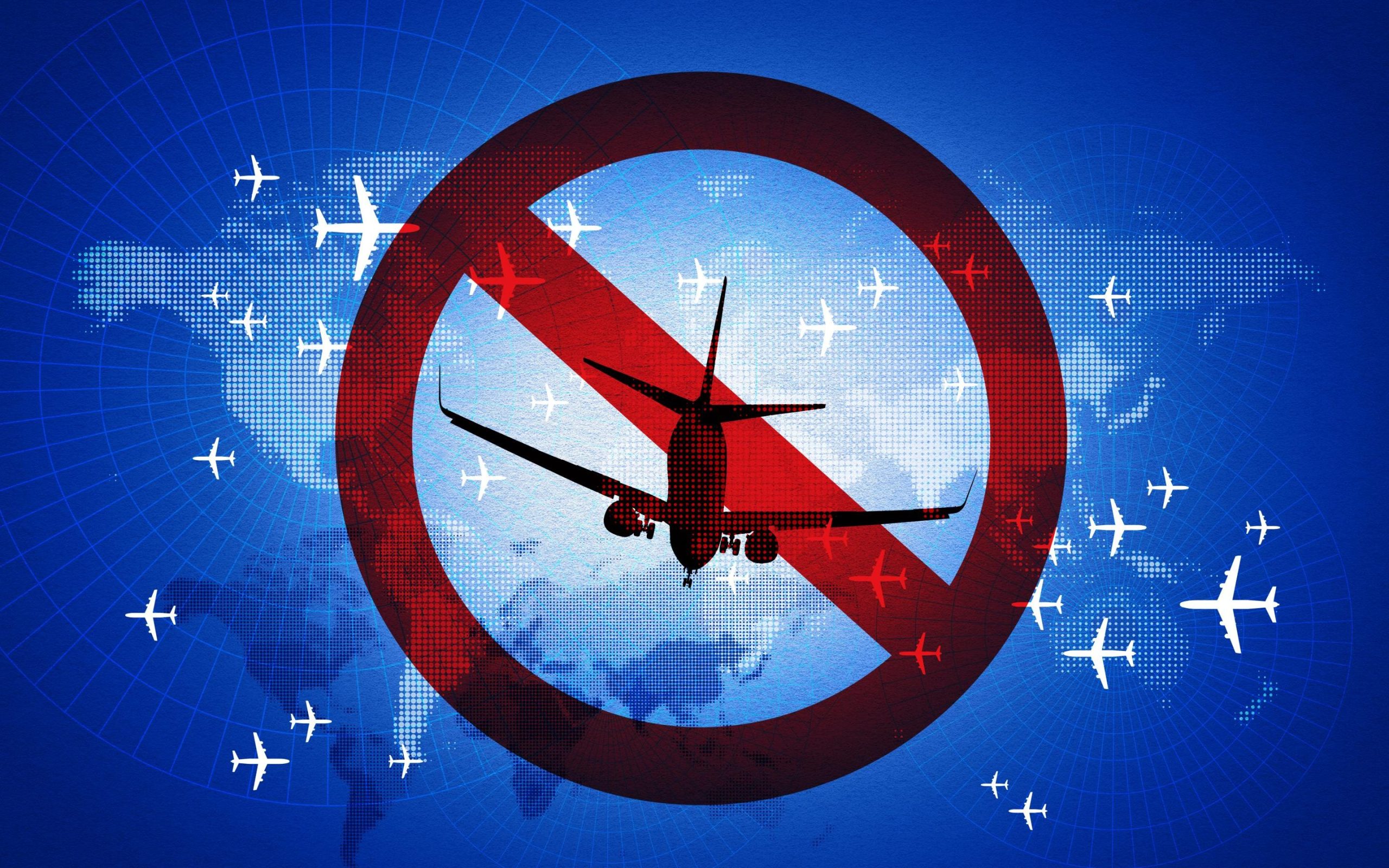When the founder of the world’s leading encrypted messaging app was detained at Charles de Gaulle airport, the shockwaves spread through the tech industry. The arrest of Telegram’s 38-year-old owner and most prominent shareholder, Pavel Durov, is the latest escalation in a battle that has been brewing between tech innovators and the world’s governments for many years. Durov’s capabilities are legendary in the industry. He built Telegram as a direct response to the NSA’s legal authority to hack into the systems of users of rivals WhatsApp and iMessage, effectively bypassing any user’s protections and providing the spooks with a ‘backdoor’ access that could store and route the data of any targeted user as was deemed necessary and appropriate. Durov delivered Telegram’s point-to-point instant messaging on the largest commercial scale in history and enabled end-to-end encryption safeguards for most of its 400 million users. The implacable demands of privacy, and the equally implacable demands of national security, are now approaching head-onreactions and its implications in Telegram and beyond.
Background on Pavel Durov and Telegram
Pavel Durov is best known for founding the privacy-focused encrypted messaging app Telegram. But he didn’t appear on the tech scene as Telegram’s creator. A few years prior, Durov’s startup called VKontakte (often referred to as the Russian Facebook) floated on the Russian stock exchange making him and his brother the youngest billionaires in all of Russia. Durov used the money from VK to launch Telegram. Hastily built on the run of the money he made with VKontakte, Telegram began slowly gaining traction within online communities of dissidents and privacy-maximisers. For years, the app seemed like a small, irritating fly-by-night startup destined to fail. But this narrative overlooks the fact that Durov made his first fortune building VKonsateka, an early version of Facebook optimised for the unique circumstances of Russian individuals. This precedent should have served as an early signal of Durov’s success. VKontakte itself and Telegram’s meteoric growth are resolute cases of luck. As are many other factors that shape our world today.
Starting with Telegram’s rapid global growth, and then combined with the Russian entrepreneur’s claim for the right of his customers to keep their identity and activities secret, Durov constantly found himself in conflict with officials around the world. This escalated into a major confrontation when Durov left Russia in 2014 following the Russian government’s order for him to hand over key user data. Since then, he has lived a way of life similar to that of a fugitive, travelling from one country to another while operating Telegram from abroad in exile. This courageous commitment to his principles earned Durov both admiration and sympathy as well as deep criticism and hostility. Coming just a short while after Durov heeded the French government’s call to cooperate with its law-enforcement authorities, his arrest points to stark political fault lines in the current world.
The Arrest at the French Airport
The arrest of Pavel Durov at a shock, partly because the facts are somewhat murky. Various news reports claimed that the Telegram founder was arrested as soon as he landed in France, though there are a few reports suggesting it happened later as he was heading to Paris. The circumstances of his arrest have not been entirely clear, with rumours ranging from immigration-related matters to accusations of having links with international law enforcement agencies. What is clear, least of all to Durov himself, is that the arrest has sparked a lot of interest and concern, in particular among Telegram users and those interested in the ways of privacy.
The French authorities have been tight-lipped about the details of the case, fuelling rumour. Some thought it might be related to Telegram’s refusal to comply with what it regarded as improper surveillance requests from the authorities. Could the arrest have something to do with investigations into criminal businesses run over Telegram’s secure messaging services? Whatever the reasons, it has given rise to debate over what level of privacy should be tolerated by government, and how far governments are willing to go to force tech titans (and their founders) to toe the line.
Legal Implications and International Reactions
An arrest of Durov would also have serious implications for Telegram as a whole. If he gets arrested for Botnet activities through Telegram, then there could be enormous implications for other Silicon Valley executives, as it would suggest that they too could be subject to an arrest for the crimes committed on their platforms. This leaves legal questions about whether tech chief executives will be responsible for their platform’s usage or if there will be a more lenient punishment for executives compared with hackers. Telegram’s battle to stay online could set precedents for how tech companies will continue to operate, in the hopes of becoming increasingly government-friendly for sensitive businesses in order to comply with trade regimes like the D-10. All this would arguably result in making these platforms even more invasive of user privacy.
That arrest has provoked a wide range of international reactions. Privacy and free-speech advocates have denounced the news, describing it as a strike on digital privacy and freedom of expression – the hacker collective Anonymous introduced a Bitcoin bounty to fund legal support for Durov and his family. Security-conscious governments have welcomed the move, answering in the affirmative the Russian hopes of how the case would be viewed globally as states large and small convene in the fight against cybercrime and the threat that terrorist groups posed. And they condemned authorities’ attempts to force encrypted platforms to water down their user security and open up the private lives of their users to inspection. Human-rights organisations demanded clarification and objected to detaining Durov without clear charges. It is safe to say that Telegram, whether you love it or hate it, finds itself in the spotlight for now. companies.
The Impact on Telegram and Its Users
The arrest of Pavel Durov has already had an identifiable effect on Telegram and its users. In the wake of the news of his detention, there was a spike in downloads of the app, as well as in the number of messages sent. This suggests that many users are circling in support of Durov and the values he expresses through his work. But supporters might bridle at any suggestion that survival of the platform depends on the survival of the app’s founder. What is it about Telegram that has been said to be unfit for the Russian market? Too much of Durov’s ‘genius’.
And it is also possible that Telegram faces additional attention from government authorities, either in criminal or civil actions. A Durov arrest will embolden these authorities to ramp up pressure on Telegram, requiring more cooperation on investigations and, in certain countries, demanding bans on its operations altogether. In any of these scenarios, Telegram could likely lose many of its privacy protections. And those who need to communicate in secrecy – with all the attendant problems that can cause – will be thrust back into the darkness. Telegram, once considered the best and, astonishingly, free secure communications app of our time, has an uncertain path ahead of it.
The Broader Context of Privacy and Government Surveillance
The saga of Durov’s arrest is about far more than one man or one company: it exemplifies a global struggle over privacy and state surveillance in the digital age. The more people that choose encryption among their messaging options, the harder it can be for governments to monitor communications. This has sparked greater tensions between tech companies, which say that preserving user privacy is of paramount importance, and states, which say that restricting access to data is a threat to national security. Durov’s drama is one of tough choices for the tech firms caught in the middle.
Few doubt that the already heated debate over privacy and surveillance will ramp up once again in his wake. Many in favour of heavy-duty encryption would argue that we need strong protections against overreach by the state, and because human freedom is fundamental to human rights. Critics will counter that such level of privacy invites criminal and terrorist activity, making it difficult for law enforcers to do their jobs. Durov’s case should go some way to doing this – although proving a violation of GDPR would still leave each country free to devise its own laws on encryption, confidentiality, and due process. Either way, no one knows how this is going to turn out, but the coming months look set to be full of fireworks. Tech giants and governments increasingly clash when it comes to security and privacy. This debate will rage on, and we may have only just seen the beginning of an issue that bedevils world order.
Future Prospects and Possible Outcomes
So what happens now that Durov has finally been arrested? It seems that there are many possible endings. The most obvious one is that Durov is charged with Telegram-related activity, and after years of court cases he either realises or is told that he has no choice but to give up. This could have drastic consequences not only for him and the future of Telegram; it could have serious implications for tech companies everywhere trying to maintain a serious stance on user privacy. Alternatively, an arrest might bring about an abrupt change at Telegram, forcing it to make concessions to governments or modify how it operates, which would likely mean radical alterations to privacy features for its users, much to their dismay.
On the other hand, Durov’s arrest could awaken privacy rights activism and bolster resistance to state surveillance. A successful case against Durov would tip the balance towards tech companies that comply with government surveillance demands. At the very least, it would make it harder for tech companies to resist such demands. If Durov is released without conviction, it will be a win for privacy advocates and a lesson to governments that tech titans can’t be bullied as easily as they think. Whatever happens, this arrest is destined to leave a mark on the tech industry, and the wider debate over privacy and surveillance. We will be watching how the situation plays out, closely.
Conclusion
Pavel Durov has been arrested at a French airport. And how. The decision to take the founder and CEO of one of the world’s most popular messaging apps into custody for alleged money laundering, terrorist financing, and organised crime is a big deal. It puts a spotlight on the fraught relationship between tech companies and governments in an era when companies like Telegram have fought vociferously to protect the privacy of their users against demands from governments. And as the case against Durov unfolds, the tech industry, as well as the world at large, will be watching to see what kind of precedent his arrest sets for digital privacy in a world that is rapidly becoming a surveillance state.




